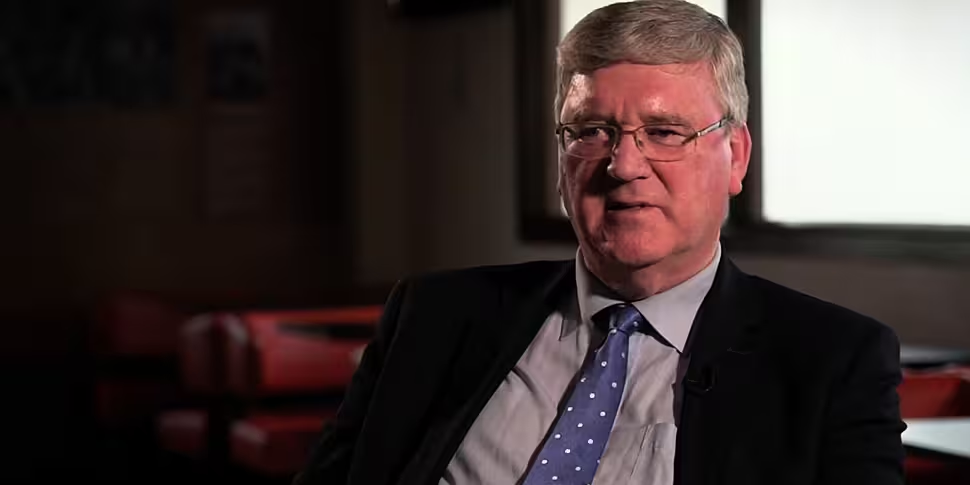The CEO of fast-food chain Supermacs has said the issuing of personal injury awards represents the 'greatest white collar crime in the country'.
He was speaking after the Judicial Council agreed to revise personal injury award guidelines, potentially paving the way for lower insurance pay-outs in the future.
One example would see the pay out for a nose fracture with full recovery reduced from between €18,000 and €22,000 to between €500 and €3,000.
However some concerned parties, like ISME and the Irish Hotels Federation, claim the reductions do not go far enough.
Pat McDonagh told Newstalk Breakfast the system is now set up in a competitive way - with the Injuries Board "in competition with the courts and in competition with companies to see who'll pay out the most."
He said the Injuries Board "did a fantastic job without any legal cost from 2004 until 2008.
"And then these legal people took 21 judicial reviews to overturn that - and so therefore they got back into the game.
"So back in the day it worked tremendously well until it was interfered with.
"And as far as I'm concerned Ciara - there's a lot of talk about white collar crime at the moment - this is the greatest white collar crime in the country.
"The whole laws have been manipulated by the legal profession to suit themselves".
He also said legal costs need to be reduced - giving the example of the UK, which has a set fee for legal costs in certain court cases.
"The Troika told the Government 10 years ago to get the legal fees sorted - it hasn't happened yet".
Judiciary 'drawing up their own guidelines'
And he said he believes this was not an issue for the Judicial Council to be involved in.
"I don't think it's the judiciary that should have been asked to do that, that should have been the Government's decision.
"It's a bit unfair asking the judiciary to draw up their own guidelines and implement them at the same time.
"I think they've had a unique opportunity to bring us in line with the EU generally, where the awards are much less, and therefore accordingly the costs are much less as well.
"But I don't think it's going to have any massive effect - it's a help, but it's not really where we want to be".
He also said he did not believe the changes would have "any major effect whatsoever" on reduction in insurance.
"If you look at where the money goes in insurance - and you look at their legal costs, and you look at the insurance costs themselves, the insurance companies, what they make - and all the other costs involved in it.
"What's mostly missed out in that is the cost to business itself, insofar as their employees and time that's wasted on that.
"That's where the costs are".









